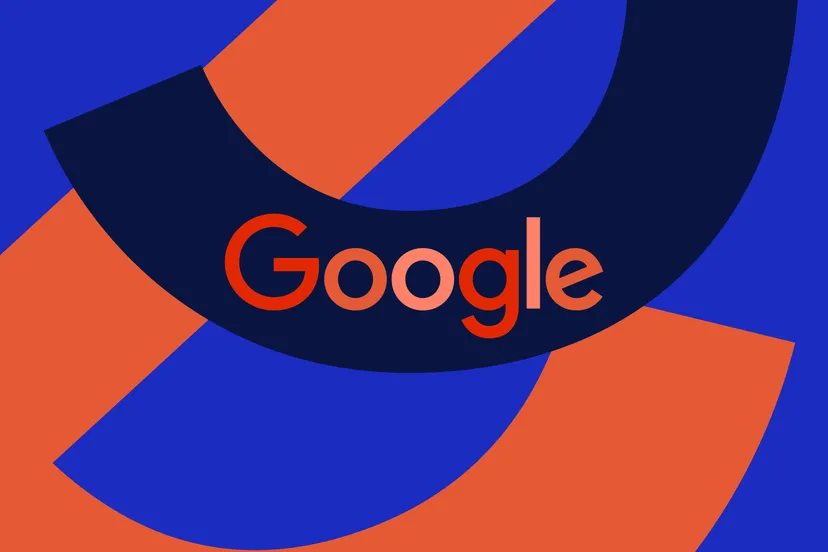
Ever wanted to add your own annotations to search results you find on Google? With Google’s new “Notes” experiment, launching Wednesday as an opt-in feature through Search Labs, you’ll be able to.
If you’ve opted in to Notes, buttons to add and see notes will appear under search results and under articles on Discover in the Google app. When you create a note, you can add colorful fonts and images.
During a briefing, Google showed me a note for an article about different kinds of frosting that had green text, an image of a cake, and a heart sticker. (At the bottom of the note, there was a link to the article the note was about.)
If you post a note, it should show up “within minutes,” unless it’s flagged for human review, Google VP Cathy Edwards said in an interview with The Verge. When you look at all of the notes for a link, what’s shown will be ranked dynamically based on things like the user’s query and a note’s relevance to the content on the page.
The frosting example seemed pretty harmless, but my head immediately went to how Google might moderate Notes to prevent people from making harmful posts or sharing disinformation. Edwards said the company is deploying algorithmic protections and manual human review, and users can report notes for human review as well.
Edwards noted that the team has “learned a lot from our Maps and YouTube colleagues, who have a bunch of experience with content moderation at this point.” And Edwards said that users won’t be able to leave notes for more offensive queries. Still, bad stuff is likely to fall through the cracks, and it will be on Google to nail down its moderation process while Notes is in this experimental phase.
Notes will be available starting in the US and India. You can see the buttons to add or view notes in search results on the Google app, but notes will be indexable on the open web, so you won’t have to view them from search results; someone could email you a link to a note directly, for example. Edwards said Google is also thinking about ways it can share “insights” with publishers about the notes placed on their content.
Notes aren’t the only notable change Google is announcing for search. The company is also going to let you follow queries so that you can see batched results about those queries appear in search results and in Google Discover. You can also get notifications about things you follow from the Google app “if there’s something really breaking,” Edwards said.
You can follow a query right from search by tapping a “follow” button, and can go as broad or as specific as you want. Edwards mentioned examples like “half-marathon training” or “half-marathon training for women in their 40s who live in the Bay Area.” (You can also unfollow queries if you want.) But you won’t be able to follow queries that are likely to be explicit, offensive, or harmful.
As for whether Google might share users’ follow data with advertisers or outside parties in some way, Edwards said that Google has “zero plans to do that.”
The follow feature will be launching in US English on the Google app and on mobile Chrome and Safari over the coming weeks.
Google also announced some updates to its “Perspectives” feature that surfaces content from places like social media and forums in an effort to help you find actual human information online. Perspectives will be available on desktop search in the US in “the coming weeks,” Edwards wrote in a blog post, and starting Wednesday, results in Perspectives will show more information about individual creators, like a creator’s profile picture or their follower count.